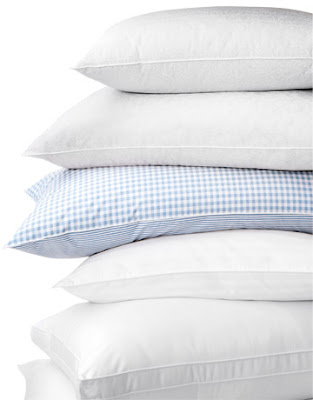The great scholar said that the siwak should be used in moderation, and mentioned some of its benefits as:
- Purifies the mouth
- Cleanses the teeth
- Strengthens the gums
- Prevents cavities
- Sweetens the breath
- Cleanses the brain
- Creates appetite for food
- Assists in digestion of food
- Clears eyesight
- Provides energy
Recommending the use of the siwak at all times, at times of prayer and for ablution, on awakening from sleep, when the odor of the mouth had changed, and for a person fasting or breaking the fast.
What Is the siwak
The siwak (or miswak) is a natural toothbrush commonly made from the twigs of the salvadora persica tree. Other trees with bitter roots, such as the walnut or olive tree may also be used.
The bark of the siwak is light brown and its inner surfaces are white. It has a warm and pungent taste.
The stem bark of the salvadora persica tree, the tree commonly used for siwak, contains chlorides,fluoride, silica, sulfur, Vitamin C and small quantities of tannins, saponins, flavonoids and sterols.
Health Properties of the Siwak
A study carried out in Saudi Arabia in 2003 compared the use of miswak with ordinary toothbrushing. The study found:
"It is concluded that the miswak is more effective than toothbrushing for reducing plaque and gingivitis, when preceded by professional instruction in its correct application. The miswak appeared to be more effective than toothbrushing for removing plaque from the embrasures, thus enhancing interproximal health."[1]
More research from Saudi Arabia found the positive effects of the siwak on the immune system.[2]
Extensive research has also been conducted by Dr. Rami Mohammed Diabi on the health effects ofmiswak, especially its anti-addiction effects on smokers as a curative and preventive measure.[3]
Another study showed that the miswak had comparable effects on plague control, when compared tochlorhexidine gluconate (CHX), one of the best-proven anti-plaque agents.
Tips on Using the Siwak
- A siwak is usually about 15 cm in length and under 1 cm in diameter, which makes it easy to handle when cleaning the mouth.
- Before using the siwak, some of the bark at one end of it is usually stripped off and softened by chewing it slightly to separate the fibers.
- If the siwak dries out, it can be softened by soaking it in fresh water or rose water.
- The end should be cut afresh each time the siwak is used to ensure hygiene















